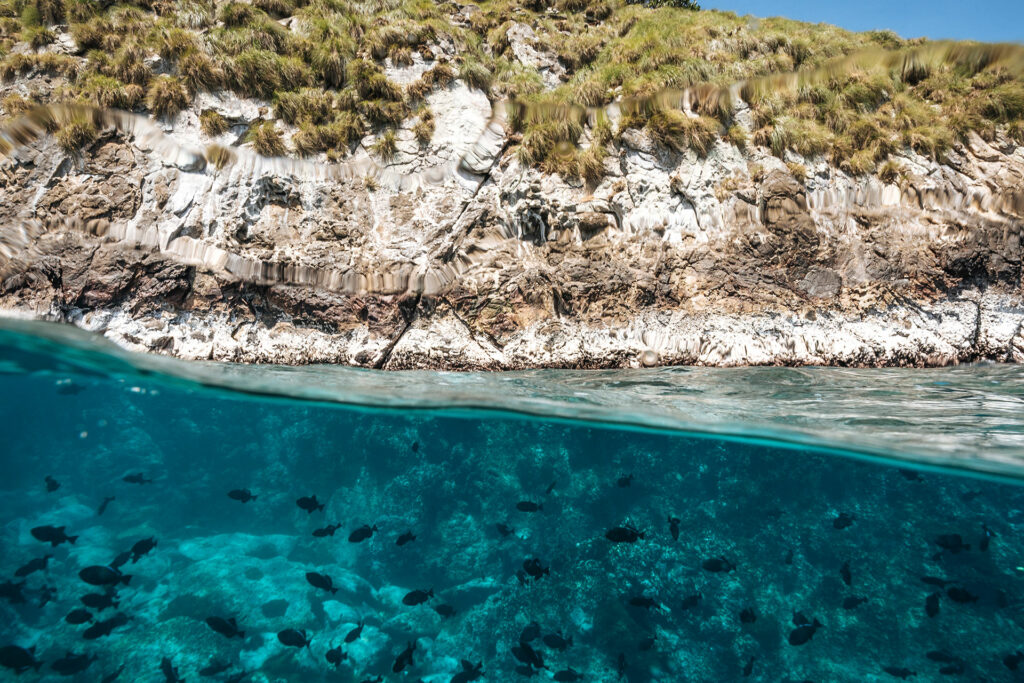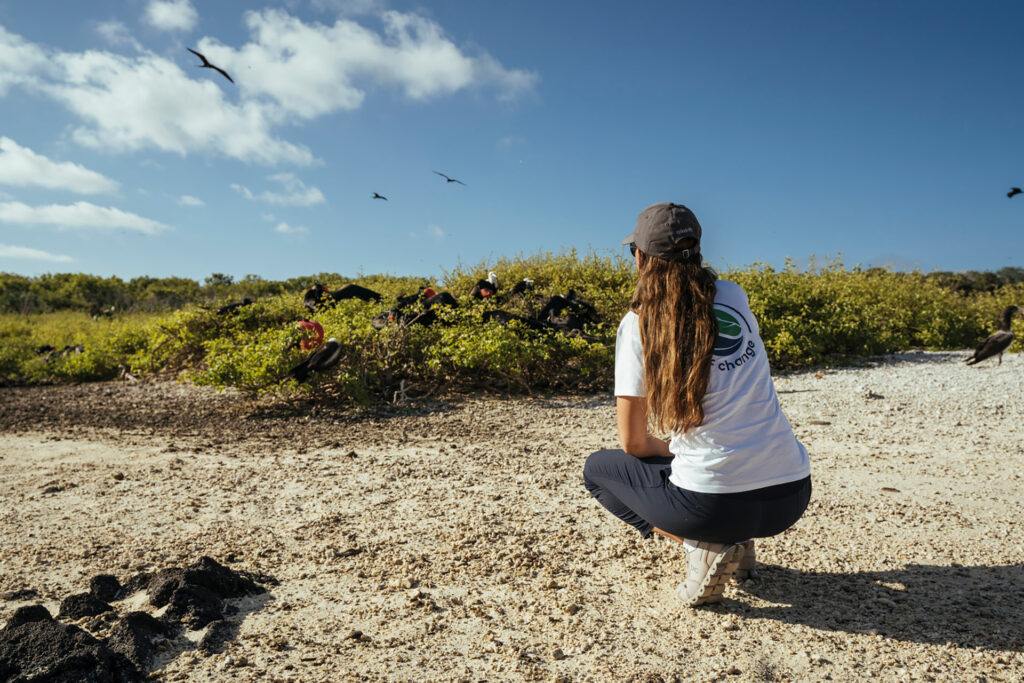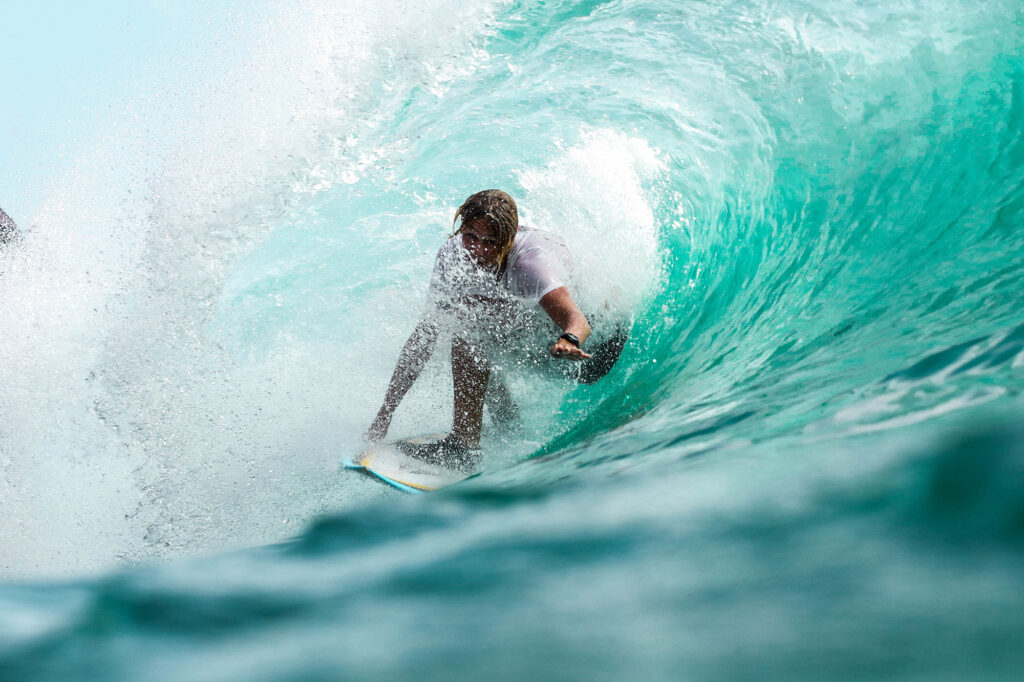We know that being close to nature is good for our physical and mental health. We move more, are less stressed, our mood improves. Studies have shown that it has long term positive effects on mortality and well-being.
This is not a new idea. Since time immemorial green spaces and water have been important to societies all over the world, not only for practical reasons, but also for pleasure and well-being. The Nabateaen settlement of Petra, Jordan, although built in the desert, featured trees, fountains and pools. Beautiful gardens were created around elaborate moats and canals in Sri Lanka’s ancient city of Sigiriya. Poets and thinkers have frequently been inspired and soothed by nature.
Albert Einstein said: “Look deep into nature, and then you will understand everything better.”
So how can we connect more deeply with nature?
Full immersion in a green or blue space, taking time to breathe mindfully, bathing in nature will help forge a deeper bond with nature.
Originating in Japan, forest bathing: “shinrin yoku” takes a walk in the woods to a whole new level. It is a recognised therapeutic practice where you are encouraged to slow down and breathe. To take time to appreciate all the sights and sounds of the forest. It is prescribed by Japanese doctors as an antidote to hectic modern life, improving sleep, mood, ability to concentrate, and it lowers stress levels.
But you don’t have to go to Japan to experience shinrin yoku.

Here are five simple steps to practicing shinrin yoku.
- Carve out some time
- Find a forest or green space
- Leave electronics behind
- Engage all five senses and observe the trees, the light, the movement
- Walk slowly, stop often, and breathe mindfully
Essential oils released by trees, phytoncides, have been found to boost the immune system, so even if you can’t easily get to a forest, spending time under trees, even in a city park, will have a restorative effect.
Being in a “blue space” can be even better for you than being in a forest:
“Spending time in and around aquatic environments has consistently been shown to lead to significantly higher benefits, in inducing positive mood and reducing negative mood and stress, than green space does”, according to Dr Mathew White, a senior lecturer at the University of Exeter and an environmental psychologist
Creating blue spaces in cities or regenerating existing waterways brings benefits to city dwellers and the environment. Having access to these spaces encourages people to be more active, to explore and move around. The blue spaces are a haven for wildlife that in turn connect people more closely to nature. Cities that invest in blue spaces generate significant social returns that benefit both individuals and society as a whole. It’s a win-win for everyone.
The bigger, wide-open space of the sea has attracted visitors down through the centuries, and being at the sea is associated with feelings of well-being.
When we’re near the sea the almost hypnotic effect of the ebb and flow of the water forces us to be in the moment. Walking along the coast we tune into the sound of the waves, we taste and smell the salt in the air, and feel the wind in our face. Our sense are awake and we feel more fully alive.
Kayaking, sailing, surfing and paddle boarding go further allowing us to feel at one with the sea. Sailing is widely used for therapy. When sailing the mind is focused on the task at hand, you have no choice but to be in the moment.
Immersing yourself in the sea brings great benefits. You are forced to be mindful of the movement of wind and water, and how you are part of it. Floating in the sea can help clear the mind as you are enveloped and embraced by the big blue space.
Many think that cold-water swimming adds even more to the experience. Since the late 16th century, English physicians endorsed the healing effects of cold water for everything from heat stroke to melancholy. It was believed that a brisk shock of cold water stimulated the entire body.
Just breathing as you enter the water can be difficult, the cold literally takes your breath away. However, immersion boosts the body’s natural immune system and releases endorphins as we adapt to the shock of the cold water. Cold-water swimmers learn to adjust to the stress of cold water and feel that it prepares mind and body for life’s challenges.

Why not try cold water swimming for yourself?
- Fix a date to do it, and find a friend to dip with, or a companion to make sure you are OK when you get out of the water
- Find a body of water that you know and understand, maybe where other swimmers go, and where you are sure there are no dangerous currents or increased water flow after rains
- Breathe – step forward slowly into the water
- Gradually immerse the whole body in the water – concentrate on breathing
- Swim without putting your head in the water – inhale – exhale
- Don’t stay in the water too long – remember your core temperature will continue to drop for 20-30 minutes after you leave the water.
- Get dressed as quickly as possible
Interestingly, during the Covid pandemic cold-water swimming grew in popularity helping people cope with the uncertainties the world was facing.
Getting outside, connecting more often, and more closely, with nature is always good for us.
Take time to seek out your favourite green or blue place.
When you find it:
“Adopt the pace of nature. Her secret is patience.”
Ralph Waldo Emerson
Take time to slow down, immerse yourself fully with all your senses and breathe in the benefits, you’ll be glad you did.




